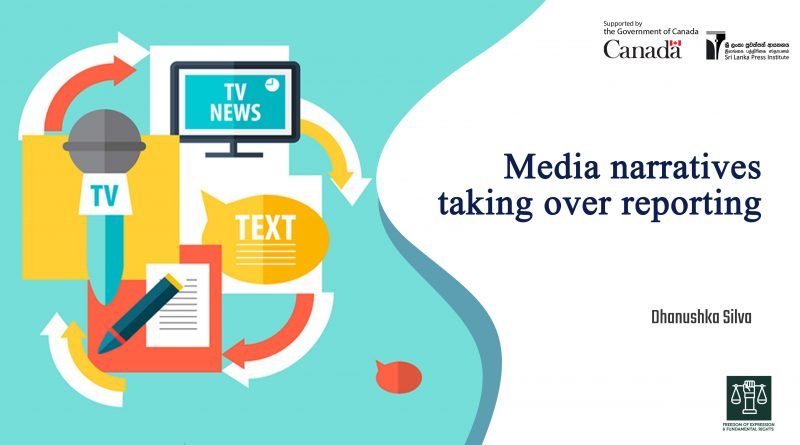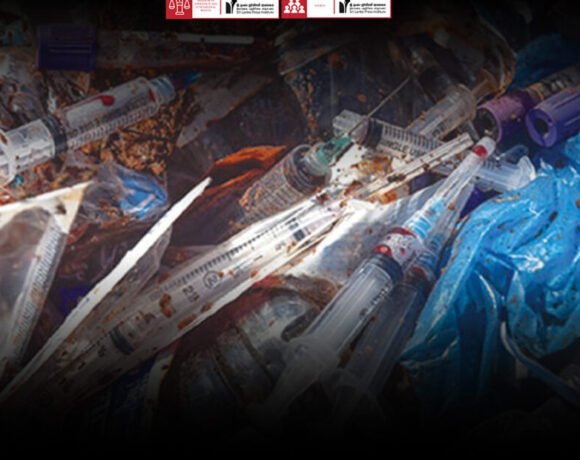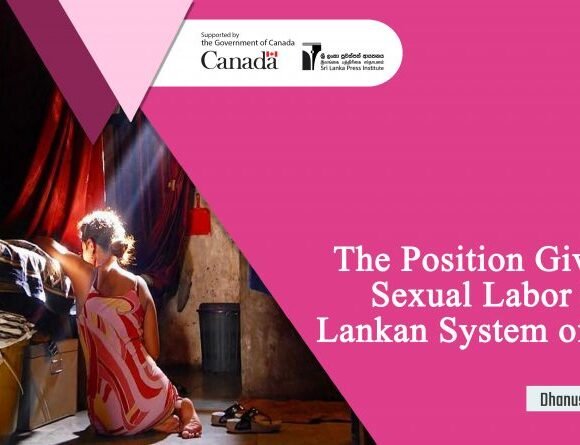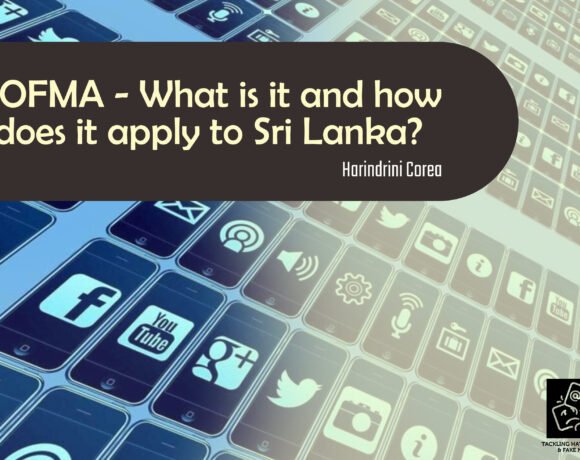
Media narratives taking over reporting
The second wave of the COVID-19 pandemic is attacking Sri Lanka. Like many other countries, Sri Lanka also lock down isolated areas to control the spread of the virus. We lose social life when we are in a fully locked down area. It is easy for us to understand the reality of the life of the ‘Other’ when we are in a community (The ‘Other’ is a concept that can extend as far as to the governance). For the citizen, information is the basic condition to question the governance. However, during a pandemic, we lack access to official information. As a result, the social capacity to challenge the new content creation modality of the state becomes weaker.
Under normal situations, the power of creating news in an information society is in the hands of citizen media. But, during a pandemic, that power transits to the government. In that sense, the government in the present context is a creator of diverse social contents, interpretations, and justifications. As French Marxist Louis Althusser observed, the task of capitalist media in a decisive period is to help the state to safeguard the existing social order. The pro-state media disseminates the contents created by the government. They interpret, exaggerate, and sensitize information.
Unlike the traditional role of media that makes the citizen an active social activist, the complex role of the media that is connected to the government’s intentions is difficult to discern. This article tries to study the basic narrative of the popular print media of Sri Lanka during the first wave of the coronavirus pandemic. This article will help to analyse the impact of the narrative created by media on citizens.
Picture-1 shows the code of conduct introduced by the Ministry of Health and Indigenous Medicine in terms of COVID-19.

Ethics Eye media monitoring service analysed the violation of the code of conduct by selected Sinhala language media from April 1st to 30th.

Almost all the analysed media appear to violate the code of conduct related to the reporting in the times of pandemics. They have deviated from objective reporting and tend to create narratives.
The events and the personalities highlighted by media usually stand on binary oppositions such as patriotic – treacherous, pro and anti-government, and democratic vs. dictatorial. This kind of binary oppositions such as hero vs. villain usually dwells not in media but in literature. Media are not expected to create narratives beyond objective reporting. Media involved in creating narratives as a political process.
At the initial stage of the coronavirus pandemic, many of the local print and electronic media attempted to portray Sri Lanka as a success while depicting other states including US, Italy, Britain, and Spain as failed developed nations. The following headlines of a few mainstream newspapers from 31 March 2020 to 21 April 2020 are evident for the above-mentioned phenomenon.
Sri Lanka
Corona threat over (Lankadeepa 2020’04’18 )
World understands that we are correct (Dinamina 2020’03’31)
Many concessions to people while quashing corona (Silumina 2020’03’29)
We controlled the threat; need public support to finish it (Mawbima 2020’04’21)
The fight against COVID of the Pearl of Indian Ocean is great (Aruna 2020’03’30)
Other states
Britain locked down (Aruna 2020’04’04)
German Finance Minister commits suicide amidst corona and economic crisis (Mawbima 2020’04’10)
Italian nurse commits suicide due to fear of virus spread by her (Aruna 2020’04’02)
WHO’s strange opinions and indecision regarding face masks (Aruna 2020’04’02)
Who spread corona, China or US? (Divaina 2020’03’01)
Swiss Pastor Satan (Mawbima 2020’04’05)
The binary opposition of the narrative attempted to create by the above-mentioned news headlines are as follows:
| Sri Lanka | Other states |
| Strong leadership
Correct decision making Citizen-friendly Challenge overcome Successful |
Weak leadership
Wrong decision making Alienated from citizens Defeated by the challenge Failed |
French Anthropologist and Ethnologist Claude Levi-Strauss highlighted that binary oppositions are the primary feature of narratives. Narratavism helps man to understand reality through binary oppositions. Man’s understanding is structured as good-bad, progressive – backward and successful – failed.
In the context of Sri Lankan media, the side of ‘Other States’ is always burdened with negativities while the side of Sri Lanka is full of positive features. The end result is the creation of the binary of good state and bad state.
The narrative of Sri Lankan media on the world’s fight against COVID-19 pushed the other countries to a bad situation. The narration on the success of Sri Lanka in terms of COVID-19 must be compared to the situation of the countries on the far end of the other side. When we compare an object relative to another object, we discern not the true nature of that object but the opposition of it. When this phenomenon is considered in the context of COVID-19, the success one sees in Sri Lanka is a comparative view related to the failure of another country like US. The narrative on the success of Sri Lanka is created ignoring the multi-faceted nature of the problem in those countries such as population density, the weaknesses of the leadership and the nature of healthcare system of that country (free and paid healthcare facilities) and considering the state of Sri Lanka as a single entity.
When we further study the events related to these headlines, we can understand that the stories are poorly informed. The Director-General of Health corrected the story headlined as ‘Corona threat over (Lankadeepa 2020’04’18 ) two days later because he was misquoted in it. This kind of report is not in line with journalism principles. These are literary narratives rather than news reporting. They are typically stories of hero and villain. The result is citizen’s ignorance of the severity of the pandemic and wrongly expecting the government to safeguard them from the virus. The situation encourages ordinary citizens to deviate from health precautions. These narratives mislead the public by manipulating actual facts. This situation will adversely affect the measures against the second wave of coronavirus pandemic in Sri Lanka.








